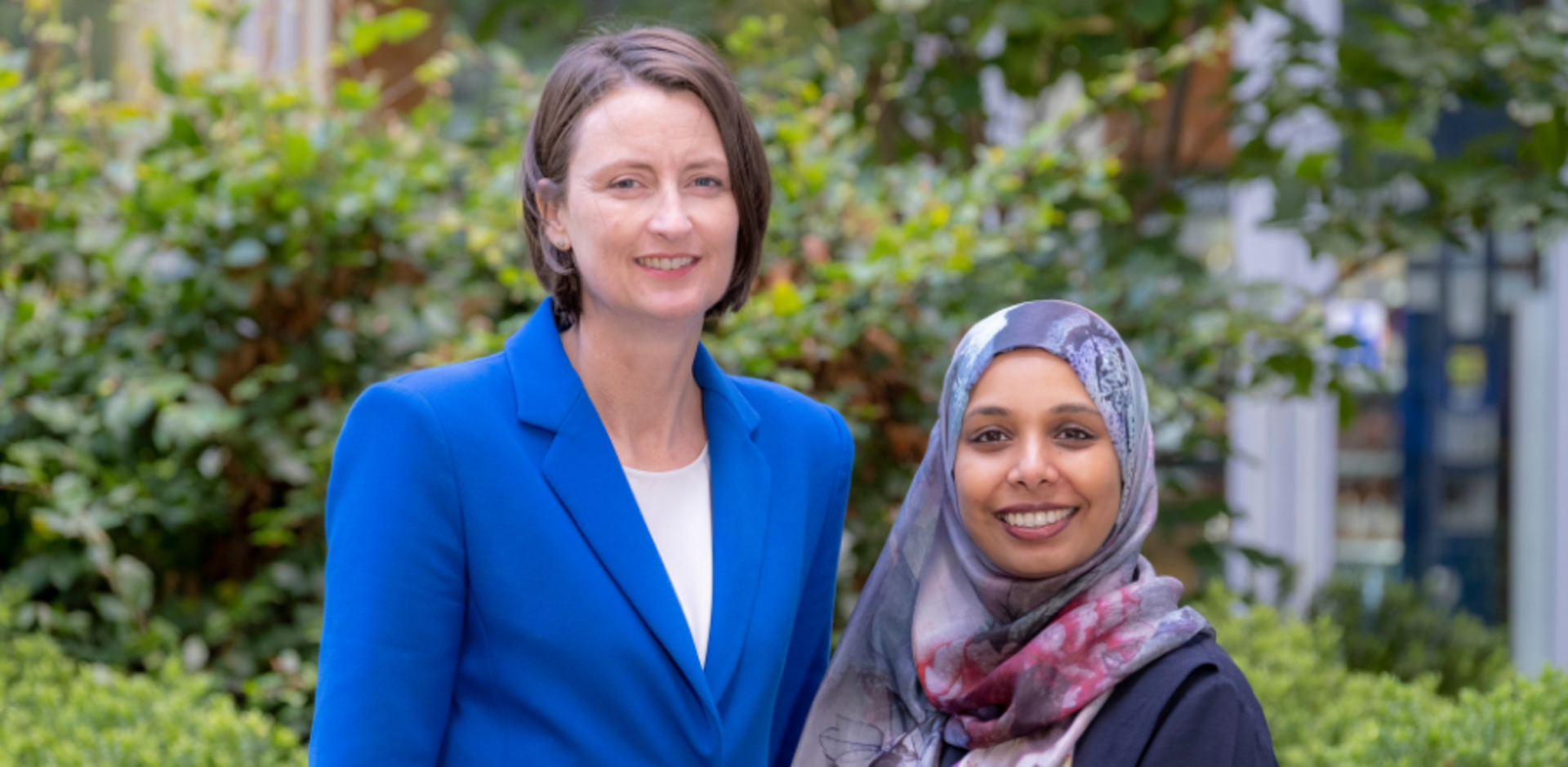Research shows that even older stroke survivors can improve speech given the right support

International research led by Glasgow Caledonian University (GCU) Senior Research Fellow Dr Myzoon Ali and Professor Marian Brady has found that people who had access to speech and language therapy made the greatest improvements soon after stroke, and that improvements diminished over time.
The study also found that older people and those who were more than six months after a stroke also achieved notable language recovery.
Aphasia, a speech problem caused by damage in the language areas of the brain, affects about 50,600 stroke survivors in the UK every year. Lack of resources and growing waiting list times means some patients fall off the radar.
The study, funded by National Institute for Health Research and supported by The Tavistock Trust for Aphasia, is part of the GCU-led international Collaboration of Aphasia Trialists (CATs) network of 240 aphasia researchers across 40 countries aiming to improve the lives of stroke survivors with language problems.
This latest study collected 174 existing aphasia research datasets from 28 countries, totalling 5,928 anonymised individual participant’s data, describing language problems after stroke. The data were analysed to find the factors that are related to stroke survivors’ recovery of language function.
Dr Ali explained: “The findings are important for clinical practice, as people who are older, or those who had their stroke a long time ago may not have been expected to make such improvements. The findings show that this is not the case, and that while improvements are greatest in the early weeks following stroke, important gains can still be made in chronic stroke.
“The study examined participants’ ability to understand speech, name items and their overall communication function.
“We found that people who were younger (under the age of 55 years) recovered more than older people, and the earlier a person had access to treatment after their stroke, the more they improved.
“As age and time since stroke increased, we found a decrease in the amount of improvement seen. However, it should also be noted that for people in the oldest groups, and those who were more than six months post-stroke, we still observed important/notable language recovery.
“So, even though the most gains were made earlier and in younger people, there is still a potential for important recovery to occur in older people and in the chronic stroke population.”
Professor Brady co-leads GCU's Living with Stroke Research Group with Professor Frederike van Wijck, which is part of the University's Research Centre for Health (ReaCH) – improving health and wellbeing for all.
ReaCH makes a direct and significant contribution to Sustainable Development Goal 3 – good health and wellbeing - issued by United Nations in 2015 as a blueprint for peace and prosperity across the planet.
